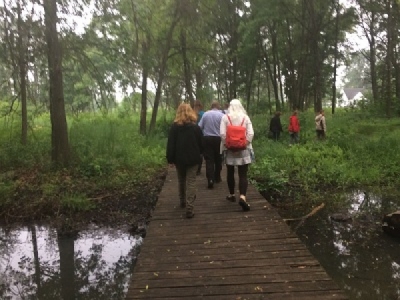
Posted on August 1, 2018
An advisory group that advises the state on remediation of the Grand Calumet River Area of Concern will discuss dredging of local waterways and habitat management efforts this week.
The Citizens Advisory for the Remediation of the Environment Committee is scheduled to meet from 1 to 3 p.m. Thursday in Room SULB 150D at the Student Union and Library at Purdue University Northwest in Hammond.
The Indiana Department of Environmental Management recently agreed to resume public meetings of the CARE Committee in Lake County.
The CARE Committee was formed in the early 1990s to help IDEM develop a remedial action plan for the Grand Calumet/Indiana Harbor Ship Canal Area of Concern. There are more than 40 Great Lakes Areas of Concern, which were established by the Great Lakes Water Quality Agreement between the U.S. and Canada.
The Grand Calumet was the only Area of Concern listed with all 14 “beneficial uses” impaired. Twelve uses remained impaired.
An update on dredging of the Indiana Harbor Ship Canal is on the committee’s agenda for Thursday.
The U.S. Army Corps of Engineers resumed dredging work in June, but is not removing the most highly contaminated sediments as the U.S. Environmental Protection Agency and IDEM continue to study an off-site disposal option.
Sediments in the canal contain polychlorinated biphenyls, or PCBs, which can cause cancer and have an adverse effect on the immune system, reproductive system, nervous system and endocrine system.
Residents and activists last year strongly opposed the Army Corps’ application for a Toxic Substances Control Act permit, which would have allowed for the most PCB-laden sediment to be stored at a confined disposal facility close to East Chicago Central High School.
If the study determines that off-site disposal of TSCA-level sediment is feasible and environmental regulators select it as a remedy, dredging of the most contaminated sediments likely would begin in 2019, EPA has said.
Source: nwi.com





